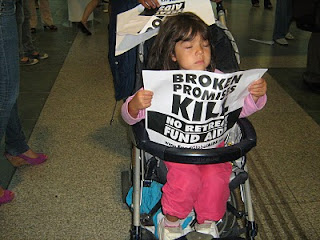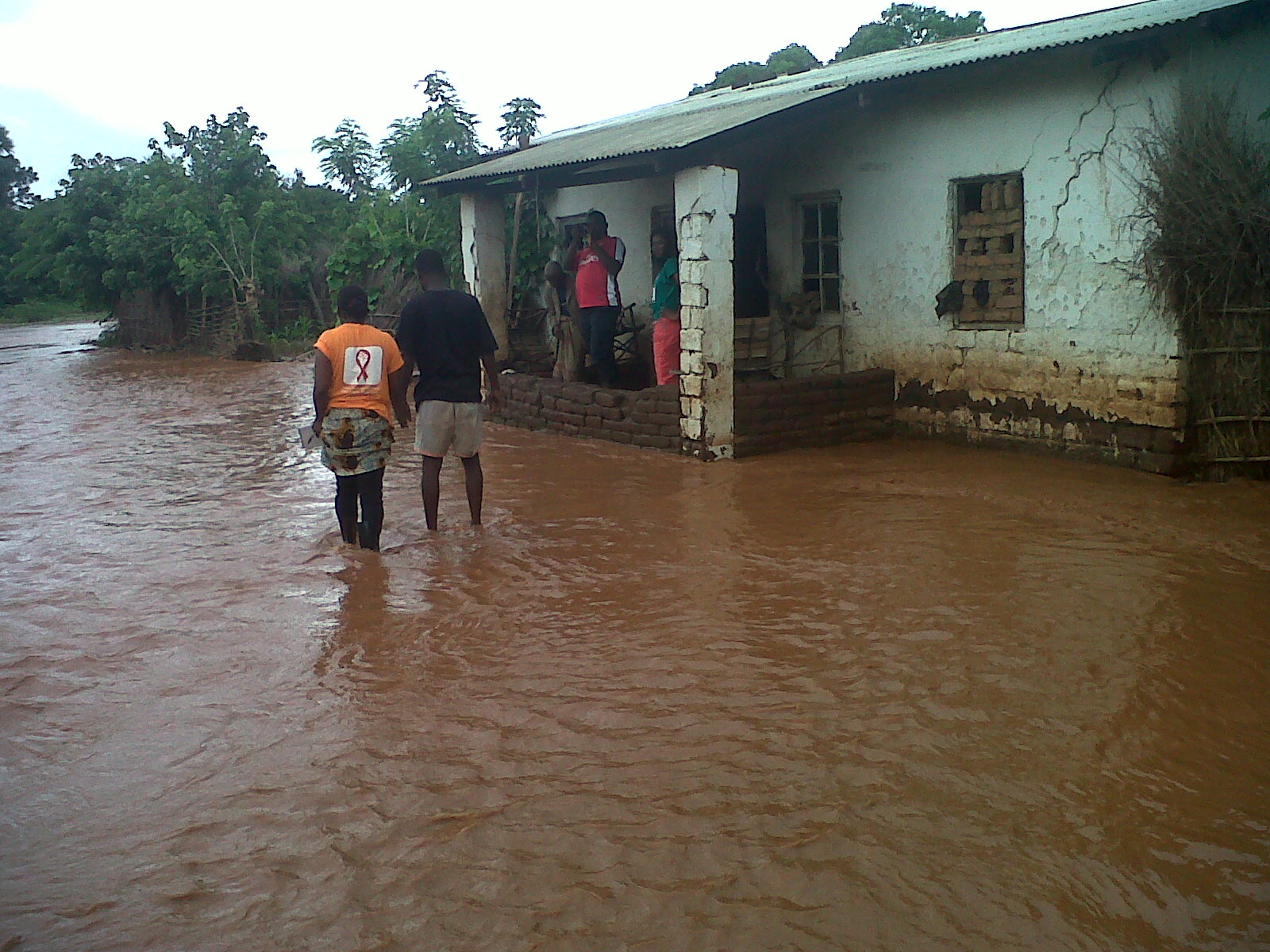Donor dependence on HIV/Aids response to remain

By Sellina Nkowani in Vienna, Austria
Funding for HIV/Aids projects in Malawi largely depends on donor aid and the situation will remain like this for years to come, Zeke Emmanuel, Health Advisor in the Office of Management and Budget in the USA has said.
This is also true for the National Budget which also carters for HIV/Aids response.
Emmanuel added that at the moment there is nothing Malawi can do to avert the situation since it has no capacity to do so.
“You just have to be efficient in what you do. Focus on what is working and stop wasting resources on what is failing. It is very important for HIV/Aids response to be result-based.”
“One thing that governments are failing to do is to stop wasting resources on what is failing and direct them to what is working,” he said.
Emmanuel made the remarks at the Reed Messen International Conference Centre in Vienna Austria, soon after Malawi representatives made their presentations on Global Perspectives and Insights—Elements of a country ownership Approach.
The presentations were part of the International Aids Conference due to start this week.
He said an example of programs that are working for Malawi was the scaling up and coordination of ART adding that so far Malawi is the best in Africa in the way it is implementing ART.
High on the agenda was the issue of funding for Aids response which has resulted in failure by countries to own projects since they are dictated by donors on how to use the money.
Madalo Nyambose, Assistant Director, Debt and Aid Division in the Ministry of Finance—one of the speakers from Malawi, said currently there is no single solution on how Malawi can come out of donor dependence.
Nyambose however, said that much as many donors have their own priorities and despite the global financial crisis, they have recommitted to helping Malawi and the funding has remained standard.
“Our challenge will be to implement the World Health Organization (WHO) guidelines especially if we fail to get the Round 10 Global funding,” she said.
She however said that the decision to adopt the WHO guidelines is on-going and there are a lot of consultations happening.
One of the things in the WHO guidelines is the recommendation that instead of HIV-positive people starting treatment when their CD4 cell count is 200, they should start when the CD4 cell count is 350 meaning more people will be on treatment.
In his remarks Maclean Sonoso, Executive Director—Friends of Aids Support Trust and chairperson of Malawi Network of Aids Service Organizations (MANASO), said as one example of country ownership into HIV/Aids response the government of Malawi provides overall policy framework and direction.
He added that ownership of the national response occurs when countries exercise effective leadership.
Many countries especially those from Africa, Malawi inclusive, complained on how donors dictate the things to them. One speaker from Botswana said it was sad that despite his country being independent donors still dictate things to them.
However, Emmanuel said the Obama administration which initiated the Global Health Initiative, put country ownership as a fundamental principal in the fight against HIV/Aids.
But warned that it does not mean giving money to recipients and walking away as many countries would believe.
“That is not the Obama attitude to just give money and say deal with the problems but having a donor-recipient partnership,” he said adding that country ownership is not a government ownership but involvement of different players in society such as community leaders and other stakeholders.
The 18th International Aids Conference under the theme, Rights here, Right now, opened on Sunday (yesterday) with a peaceful demonstration by people living with Aids and Aids activists who demanded from governments around the world to scale up their commitments towards the Universal Access to HIV, care, treatment and support.
Tombstones were left behind the conference hall to remind attendees of the 15 million people who are in immediate need of treatment.
The banner read: Broken promises Kill, No retreat. Fund Aids”.
Aids activists and PLHIV were protesting against the US and European governments who are pulling back in their support for Aids care, treatment and prevention and the fact that governments in Africa, Asia and Eastern Europe, have failed to live up to their commitment to fund Aids treatment and health needs as laid out in the Abuja Declaration.


Comments
Post a Comment
Leave a comment